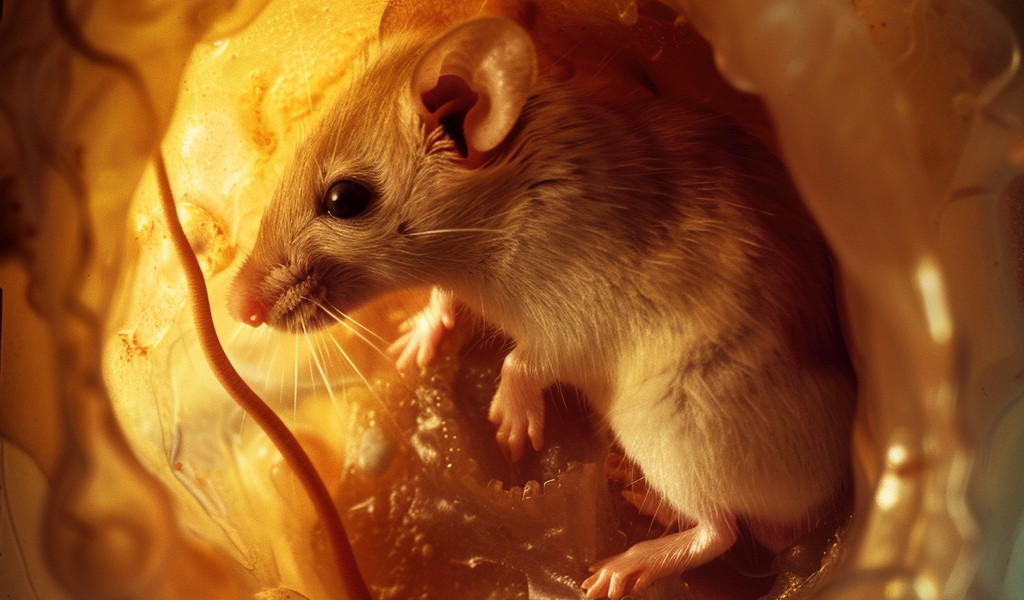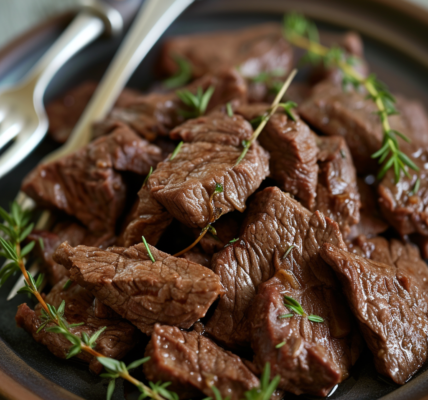Do sugar-free candy and gum give you gas? Researchers at UC Davis have identified changes in the gut microbiome that can result in an inability to digest sorbitol, a sugar alcohol found in sugar-free products and certain fruits.
A recent study with mice revealed that taking antibiotics, combined with a high-fat diet, reduced the number of Clostridia gut microbes, which are responsible for breaking down sorbitol. The findings, published in the journal Cell, suggest that an impairment in the microbial ability to break down sorbitol causes sorbitol intolerance.
The research utilized metagenomic analysis to identify gut bacteria with genes that produce the enzyme for sorbitol breakdown. The analysis pinpointed gut microbes belonging to the class Clostridium, which were reduced after antibiotic treatment and a high-fat diet. This reduction was attributed to increased oxygen levels in the gut, leading to decreased Clostridia and subsequently, undigested sorbitol.
In an effort to restore the gut bacteria’s ability to break down sorbitol, the researchers fed the mice Anaerostipes caccae, a gut bacterium that produces butyrate, a short-chain fatty acid. This restored normal levels of Clostridia, protecting the mice from sorbitol-induced diarrhea.





